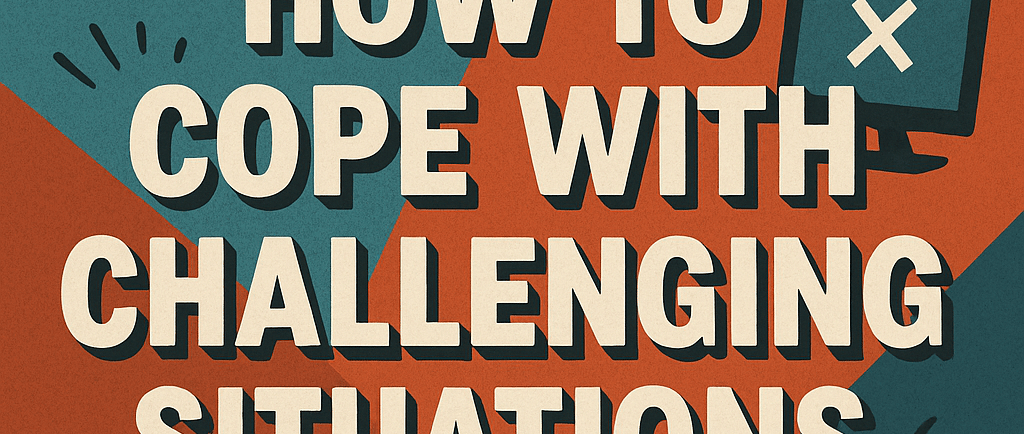How to Cope With Challenging Situations in the Workplace
From micromanagement to exclusion—real strategies for staying grounded under pressure
Kamy Charles
5/14/20251 min read


Work Is Hard Enough—But It Gets Even Harder When...
Your ideas are dismissed
You’re walking on eggshells with leadership
You’re dealing with covert competition or favoritism
You’re excluded from key conversations
You’re under unrealistic deadlines
You feel like you're constantly proving your worth
These aren’t “bad days”—they’re signs of chronic workplace stress.
And if you’ve felt drained, anxious, or disengaged, you’re not the problem.
You’re carrying emotional labor that was never yours to own.
---
6 Common Workplace Stressors—and How to Cope
1. Micromanagement
How it feels: Distrusted, stifled, second-guessed
Cope: Have a direct convo: “Where would you like regular updates so you feel confident in my work?” Create autonomy through clarity.
2. Being Talked Over
How it feels: Invisible, disrespected, dismissed
Cope: Use interrupter scripts like, “I’d like to finish my thought” or “I wasn’t finished yet”—delivered calmly but firmly.
3. Gossip & Politics
How it feels: Distracting, unsafe, toxic
Cope: Don’t participate. Set a “no gossip” boundary. Redirect convos back to work topics.
4. Exclusion From Key Decisions
How it feels: Undervalued, overlooked
Cope: Proactively ask to be looped in or copied on updates—then prove your value by contributing with insight, not ego.
5. Unclear or Unrealistic Expectations
How it feels: Overwhelmed, under-supported
Cope: Ask clarifying questions and offer proactive timelines: “Based on priorities, I can complete this by [X]. Does that work?”
6. Burnout From People-Pleasing
How it feels: Exhausted, resentful
Cope: Track your yeses. Rehearse “no” statements that protect your time and well-being. (Example: “That’s not something I can take on right now.”)
---
When It’s Time to Escalate or Exit
If you’ve tried to set boundaries, communicate clearly, and document patterns—and the situation hasn’t improved—it may be time to escalate to HR or explore new opportunities.
Coping is a short-term tool.
Your peace is a long-term priority.
---
Final Thought: You Deserve a Career That Doesn’t Hurt to Have
Coping skills help you stay steady.
But courage is what helps you realign.
If your workplace is costing you your confidence, clarity, or mental health, it’s time to re-center your power.
